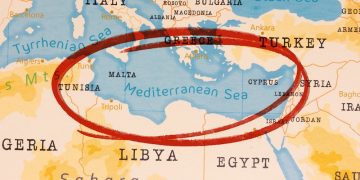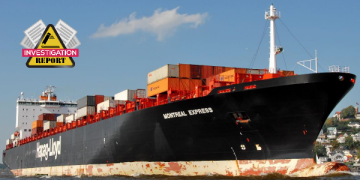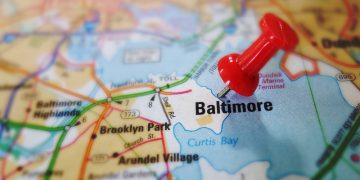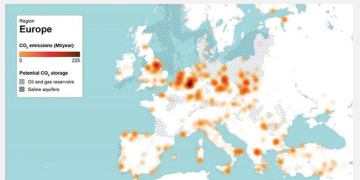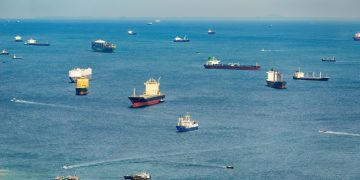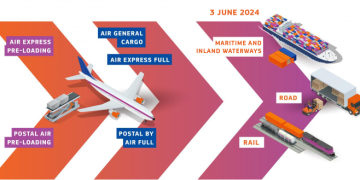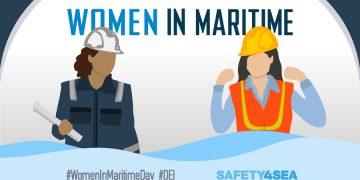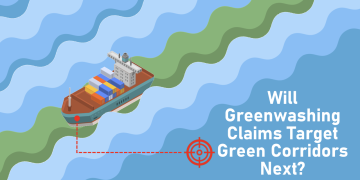The Gard P&I club issued a Circular about problems with sinter feed cargoes loaded from Brazil
Cargo liquefaction problems The Gard P&I Club has issued a Loss Prevention Circular about problems with sinter feed cargoes loaded from Brazil.Several Members have reported problems with sinter feed cargoes loaded from Brazil.The ports of Ponta da Madeira and Santana have featured most prominently thus far.Sinter Feed and liquefaction Sinter feed is an iron concentrate containing fine particles and moisture and, being similarto iron ore fines,"1 is at risk of liquefaction, resulting in cargo shift and loss of stability.Liquefaction is believed to have resulted in a number of casualties, causing the loss of many seafarers' lives. This year two International Group Member Circulars2 have been issued,alerting Members to the dangers of liquefaction and the precautions to be taken,specifically with reference to iron ore fines and nickel ore.ProblemsThe Association is aware of at least one case where shippers have declared sinter feed as a Group C cargo (not liable to liquefy) under the IMSBC Code.This is in clear contravention of the Code since sinter feed is classed as a Group A cargo (under the group entry "Mineral concentrates") which may liquefy if shipped at a moisture content in excess of its Transportable Moisture Limit ("TML"), and defined in the Code as ...
Read more



